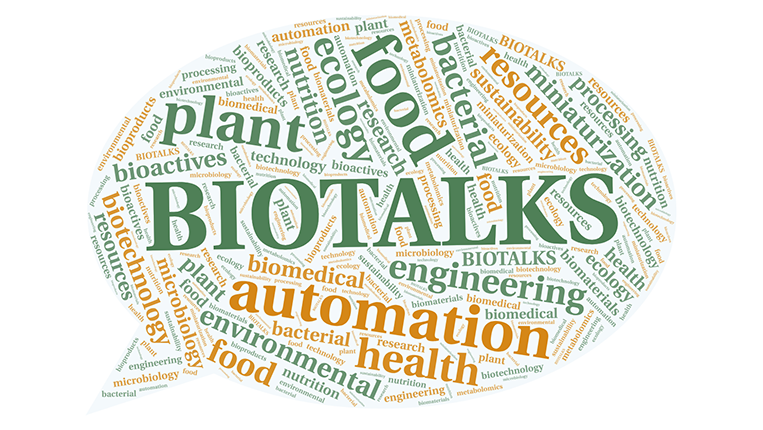Objectives and competences
- Illustrate how microbiology intersects with our daily lives and professional careers.
Reinforce the basic knowledge of microbiology related to taxonomy, differentiation / identification, metabolism and pathogenicity. - Introduce some components of project based.
Teaching Methodologies
Development of case studies based on varied scenarios in which certain areas of microbiology are directly related to choices of professions and to challenges facing society.
The cases are developed in groups of 2 students, in a progressive way based on answering general questions applied to each case. Four cases are developed throughout the semester via a set of tutorial sessions and each case evolves according to a progressive scheme. The tutoring sessions for each case end with an interview with a professional in the area in question. These interviews are conducted based on questions pre-prepared by the students themselves.
Syllabus
The 4 cases studied are:
- wine production
- the HPV virus
- toxigenic bacteria carried by food
- Laboratory diagnosis of urinary infections.
The cases are developed via answers to the questions below.
What are the microorganisms involved (taxonomic position/positions, or other forms of identification)?
What is the biochemical or physiological basis of its role in the case under discussion (what are the mechanisms of pathogenicity, biochemical conversions)?
Which parts of biology / microbiology training are most called upon to intervene in the challenges under discussion?




